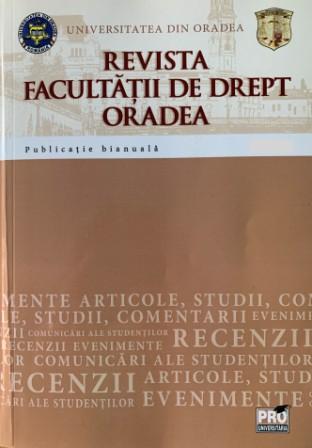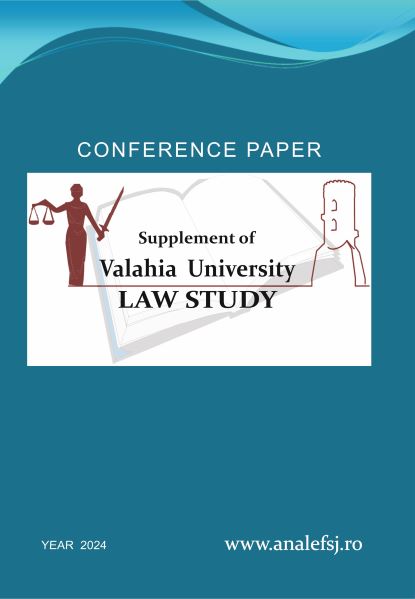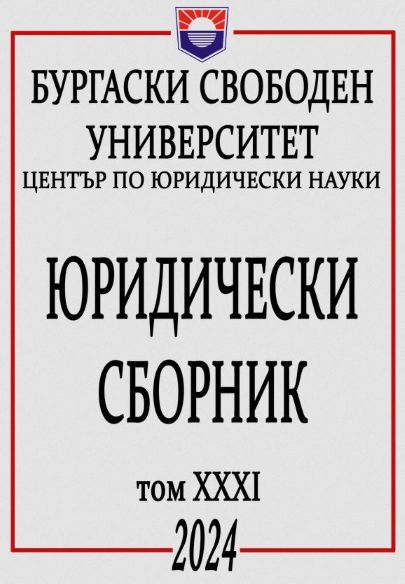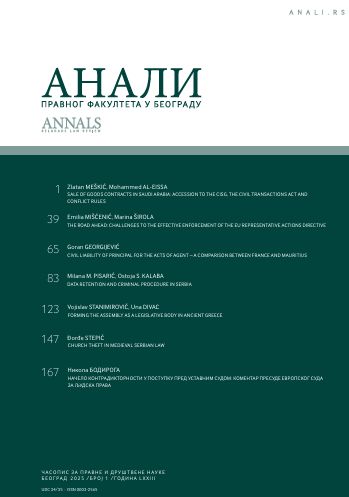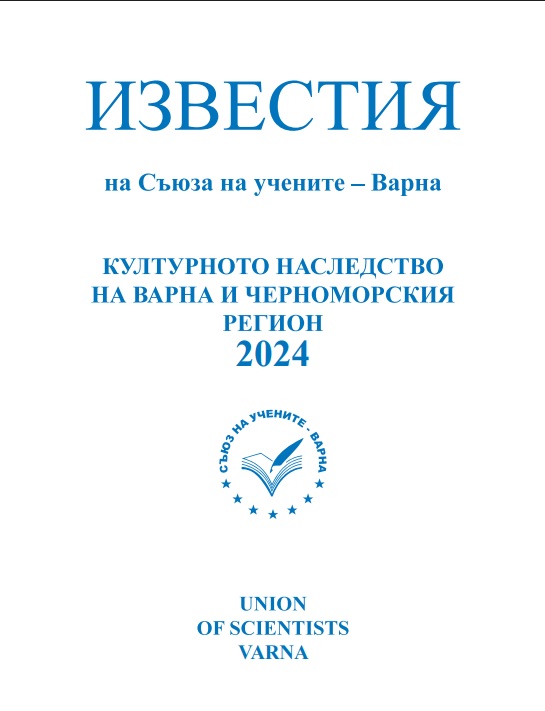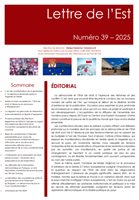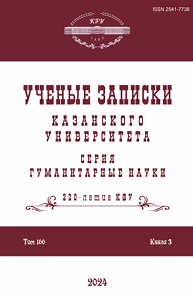Author(s): Otar Janelidze,Nana Sadghobelashvili / Language(s): Georgian
Issue: 12/2024
Researching the issue of national minorities is a very relevant problem during the period of the First Republic of Georgia. One of the most interesting and important documentary sources for studying this topic is the Constitution of the Democratic Republic of Georgia, which was approved by the constituent assembly on February 21, 1921. The constitution essentially reflected and consolidated the attitude of the Georgian government and opposition political forces towards the national minorities living in the country from the day of restoration of statehood until the end of the democratic republic. As a result of the objective reality and the demographic policy of the Russian Empire, Georgia represented a multi-ethnic state. Realizing the seriousness of this issue, Georgian politicians immediately began to take care to solve it. The Act of Independence, which was published by the National Council on May 26, 1918, also focused on the rights of national minorities. The government consistently implemented the laws and decrees developed in the Parliament and the Constituent Assembly, which affected national minorities, and there were many of them. The representatives of national minorities, who held the mandates of the legislative body, took part in the creation of these legal acts (many representatives of national minorities were included in the active political parties, local self-governments (nations) and central state structures). While working on the draft of the Constitution of Georgia, the Constitutional Commission of the Constituent Assembly repeatedly invited representatives of national minorities to its meetings, heard, discussed and analyzed their demands, which found some reflection in the basic law of the state. The constitution defined the political appearance of the new Georgian state and clearly outlined the rights of citizens, including women, national minorities and others. Chapter 14 of the first Constitution of Georgia is devoted entirely to national minorities. A number of articles of the constitution, in which democratic standards are protected, were related to the provision of education, cultural, social and political rights of national minorities. It was important that the constitution provided for the inclusion of ethnic groups in the public and political life of the main population of the country and promotion of civil integration by preserving their values, identity and cultural identity. National minorities, with some exceptions, who showed separatist tendencies supported from outside, did not feel excluded in the Democratic Republic of Georgia, although the language barrier created certain obstacles for them to participate fully in the life of the state. Based on primary sources, archival material, data from the periodical press of the Democratic Republic, and considering the scientific literature, the article covers the vision of the national minorities living in Georgia in terms of protecting their rights and how they were reflected in the Constitution of the Democratic Republic. It is concluded that the issue of national minorities was not fully resolved in the Democratic Republic of Georgia, although it can be said that the internal state of Georgia in 1918-1921 was really adapted to the creation of an equal environment for national minorities. The importance of the research is determined by the relevance of the issue, which was so acute in the state reality of Georgia in 1918-1921 and does not lose its intensity even today.
More...

